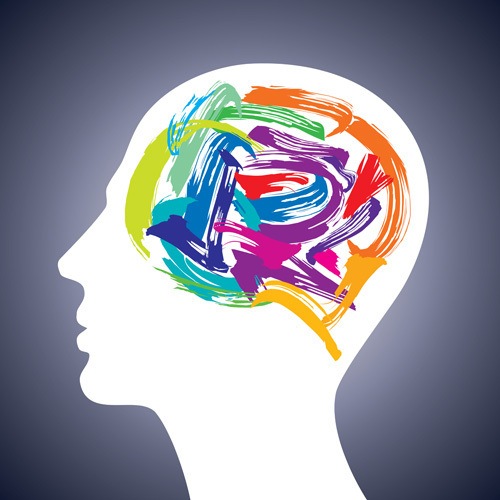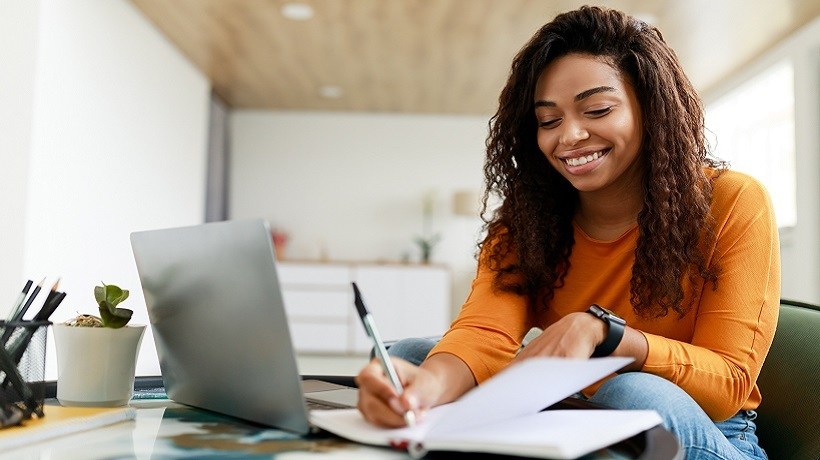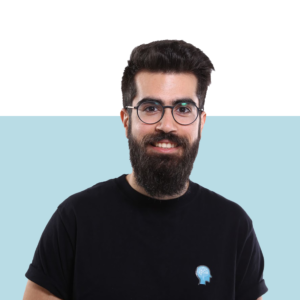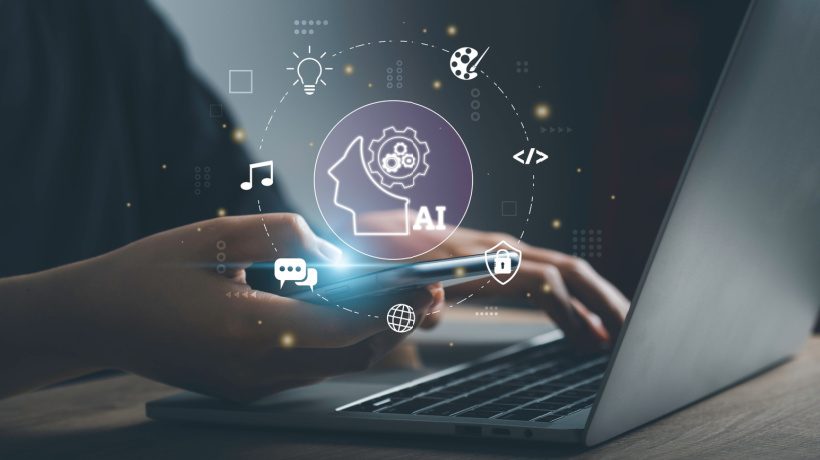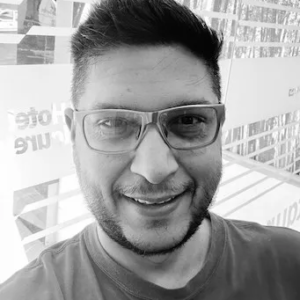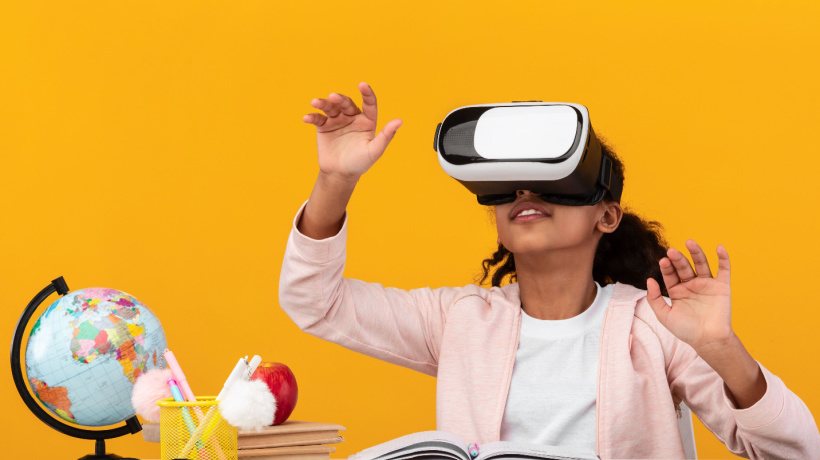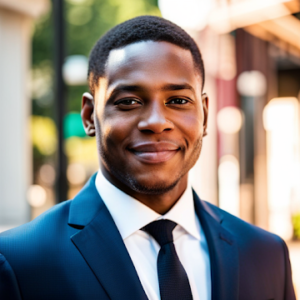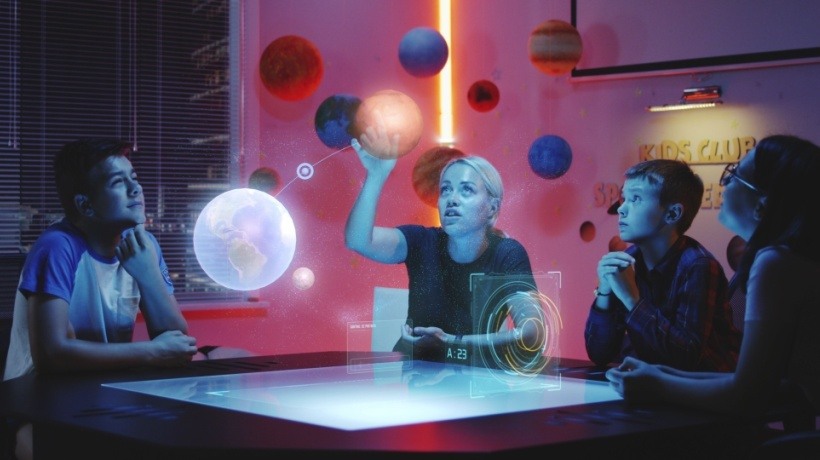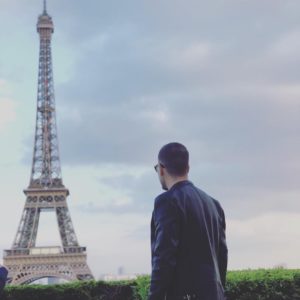Collecting Learning Experiences
There are many learning moments which are not memorable at all. We read books, participate in lectures or seminars, talk with other people, take eLearning courses, etc. - and after shorter or longer period of time we remember literally nothing. Such a learning moment could be treated as a pure waste of time - has a very weak power to influence our lives. We can change this, however, by becoming collectors of learning experiences, or by making others to play such a role. I am such a collector and here is a story of building such an attitude (yes - this is rather an attitude than ability or skill).
I like to read - always liked it. My home is full of books. I have been reading since I remember and I have read hundreds of books. When I was a child I read many adventure books - so I had a chance to read about conquering distant places, exploring deep seas, climbing the highest mountains. I had been building in my mind ideas of events described in all of these books. In those days I hadn't got a chance to see these places even on the picture as there was no Internet and I had been living behind the Iron Curtain with no possibility to reach such information. So - I used maps to make my imagination work better; to catch context, build relations between places I read about. Now, after all of these years, when Poland is a free country; when we are in Schengen Treaty and literally have no borders around our country I catch up all neglected experiences. So, now I know:
- how Africa smells,
- how big is Grand Canyon,
- how crowded are streets on Tokio,
- how big was a T-Rex,
- how hard is to run at at the height of 2500 meters,
- how is to feel nitrox narcosis at the depth of 40 meters while diving,
- how huge is sequoia tree,
- how tight was the cockpit of the the first spaceship,
- ...
I have read about all of these. But experiencing them made a HUGE difference in understanding and remembering it in multisensory level.
How To Build Experiences?
I know that it is impossible to experience everything in the world. No one has time nor money to do it. But we can change our approach to consuming information from passive, to active. We can also try to consume the World with all possible senses instead of limiting it to reading or watching.
Here are some tips on how to do it based on my experiences.
- Google Maps.
When I plan a trip (or even I had a dream of traveling to some distant place of the World) I use Google Map. I create itinerary, read about places I plan to visit. I find relations between them, check distances, look at pictures. I also try to find the best possibilities to experience these places. All of these activities build quite extensive understanding of the certain place. Also build excitement which influences my readiness and motivation to remember information. - Second Screen.
When I watch a movie sometimes I check things on my iPad. I check for facts, historical contexts, I look for information about places of action. I also search for additional pictures of places which I find interesting, sometimes take a look at Google Maps to see where the action takes place. All of these activities bring engagement and let me not only remember but also understand the World. - Going to museums.
In every single museum you can learn many things. I love places when you can not only see but play with them. That is why, with all respect, I prefer Smithsonian (where you can experience many kinesthetic activities) than Louvre (where you are mostly playing a role of a passive viewer). - Traveling.
Well - I know that this is the most expensive tip. But, I think, the most powerful one. You can read as many books as possible about the Egyptian Pyramids and you will NEVER understand their monumentality not being there. There are no other ways than traveling to understand culture of the certain country or nation. And without understanding it - reading books or watching movies about such a culture or country will not let you absorb knowledge about it.
Final Thoughts
Sometimes I compare the learning process with puzzles scattered around the table. Every learning moment lets us fit another puzzle to the right place. I love to hear a "click" sound in my mind when it happens. Building context by experiencing things accelerates this process - I can much easier find the right place for the next piece. And, as while playing with puzzles the more pieces are placed in the right place the easier it is to fit another one.
I encourage not only to build context in such a way, but also to design learning interventions in a way which will push learners towards this direction. Let them not only participate in a lecture, but also touch, feel and do things. Force them not only to take page-turning eLearning courses but also bring them real experience, let them face a challenge, and draw them away from the computer in order to engage them.
Let them also hear that magic "click".
